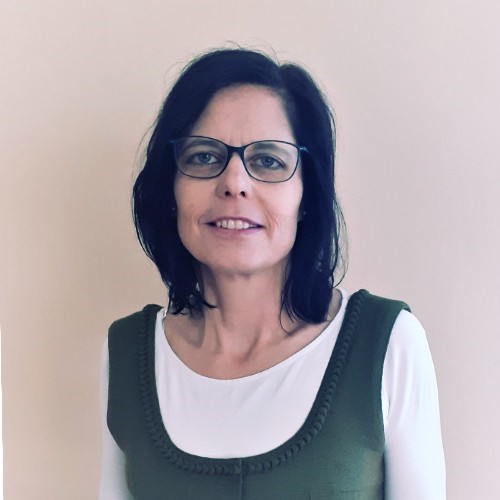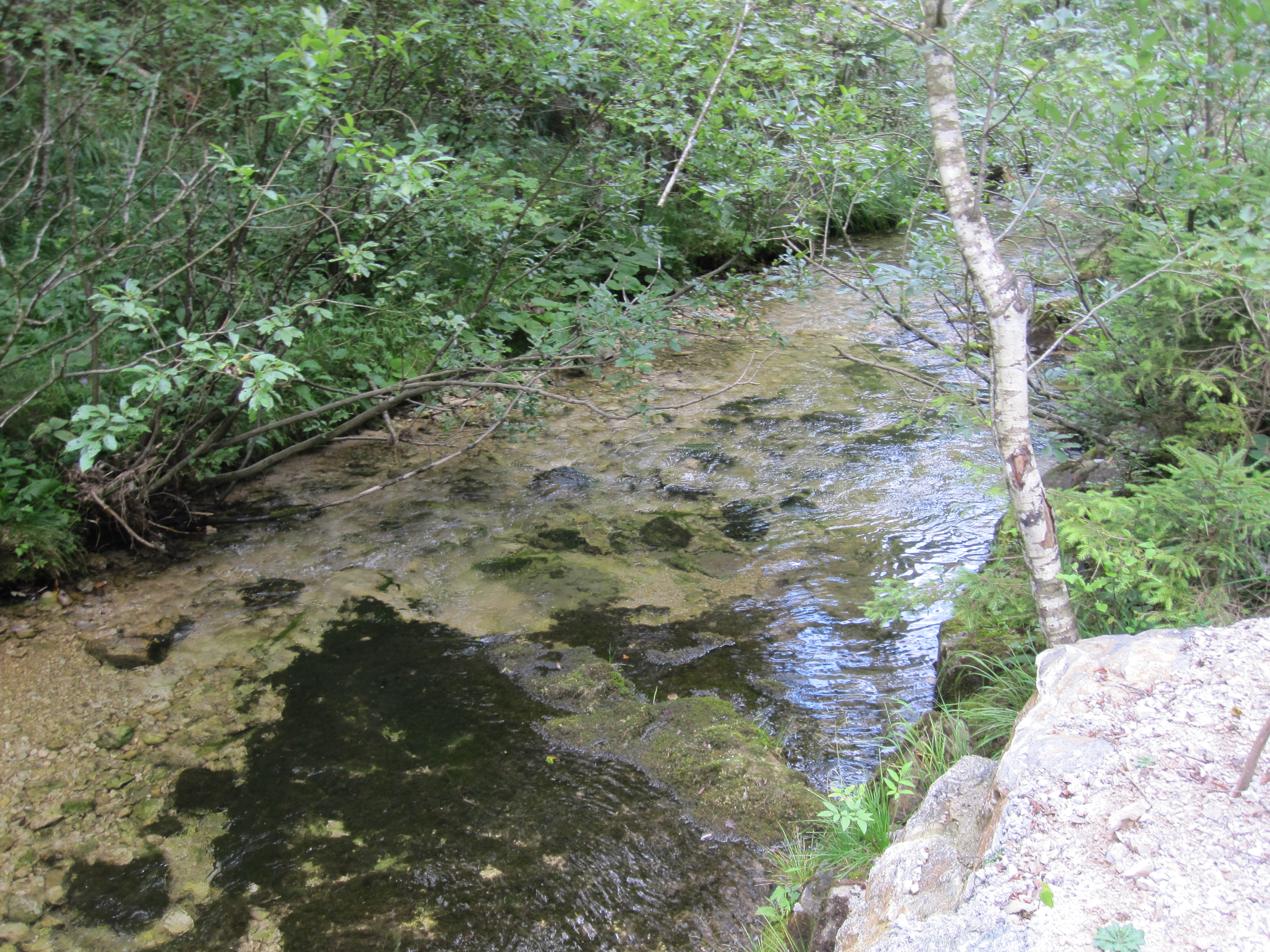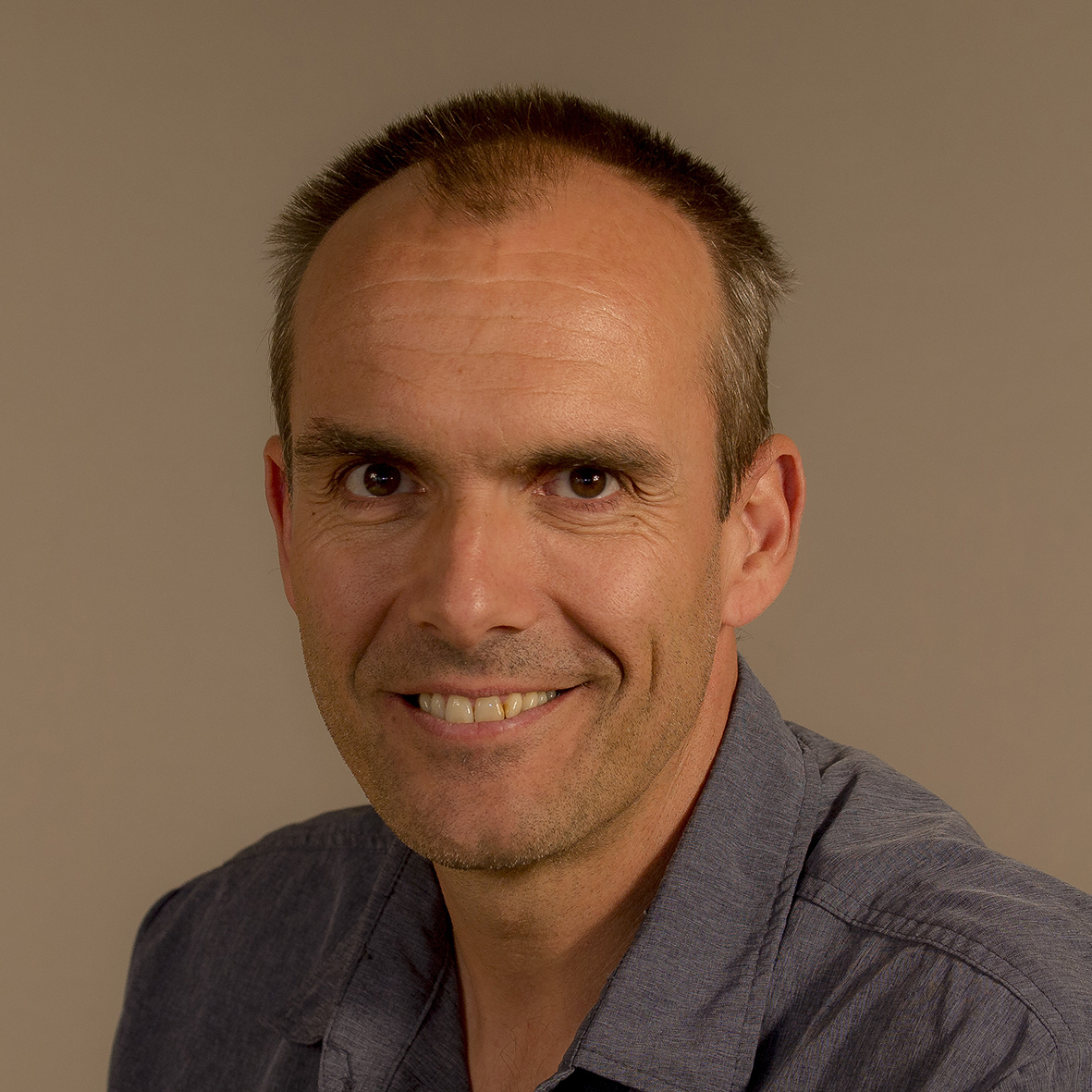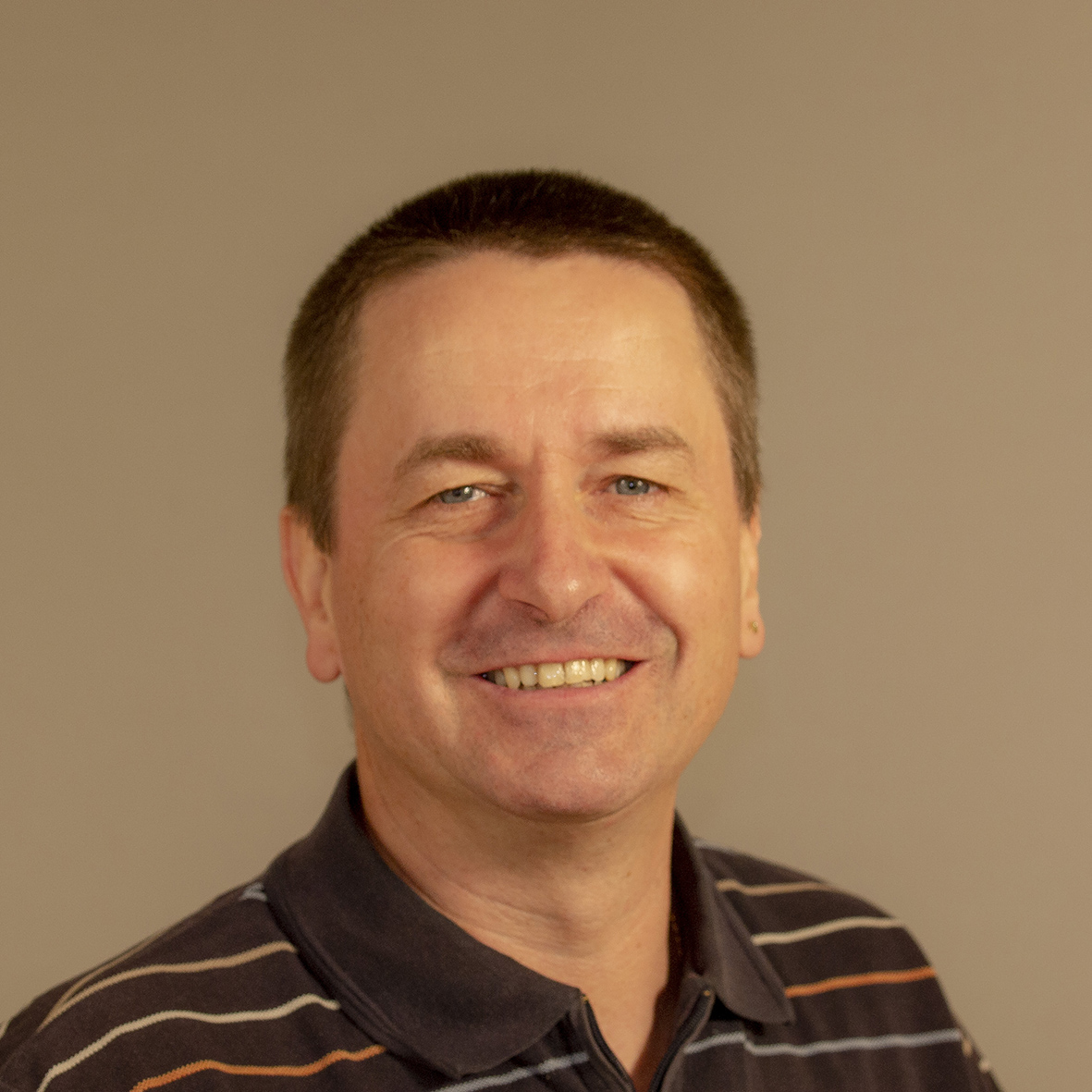The project represents a research-education cooperation between the WasserCluster Lunz and the Francisco Josephinum Wieselburg, BRG Waidhofen/Ybbs, BORG Mistelbach and HBLFA Raumberg-Gumpenstein. Together with the students, we experimentally measure the uptake of dissolved nitrogen (nitrate and ammonium ) and organic carbon (acetate) in slightly to heavily polluted stretches of water. For this purpose, a nutrient solution is introduced into the test water over short periods of time and it is examined how well this introduced nutrient is broken down within a certain distance. At the same time, we measure the water retention in the water and the activity of the bottom-dwelling algae and microorganisms. This gives us information about which factors are responsible for self-cleaning.
We also determine the production of the greenhouse gases carbon dioxide, methane and nitrous oxide in the waters. Processes at the water-sediment interface can be changed by material pollution. This can lead to an increased production of greenhouse gases in the water and thus also pollute the air. As part of the short-term nutrient discharges, we see how the differently polluted waters react to the nutrient additions and whether this affects greenhouse gas production. Finally, as part of their pre-scientific work, the students test the potential of water sediments to absorb or release nutrients and greenhouse gases under different environmental conditions in the laboratory. Here, the rock from the study waters is stored in closed containers for several hours at different temperatures, oxygen conditions and nutrient concentrations. Changes in the chemistry of the rock and the water or air above it provide information about whether the sediment absorbs or releases substances under these environmental conditions.
In Raumberg-Gumpenstein, the project is implemented across disciplines as part of the biology and chemistry subjects. Outdoor internships at the Lunz water cluster in Lunz and in Irdning as well as chemical laboratory analyzes are carried out with the students. In addition, students can write their pre-scientific Matura thesis on sub-areas of the project topic and also complete a summer internship.









